Dhaka, Oct 28 (V7N)- Senior BNP leaders and other political figures are questioning the interim government’s stance regarding the recent demands made by the Anti-Discrimination Student Movement, which include the resignation of President Mohammed Shahabuddin and a ban on the Awami League. Concerns arose after it was noted that two members of the student group currently hold positions in the government.
Speaking at a discussion hosted by the Biplobi Workers' Party at Dhaka Reporters Unity today, BNP Standing Committee member Amir Khasru Mahmud Chowdhury voiced concerns, stating, "Ten commissions have been established to implement reforms, and their reports are expected within 90 days. However, new demands continue to emerge in the interim. It remains unclear whether the reform commissions or the interim government endorse these demands, which is creating conflicts."
Khasru emphasized that while reforms are necessary, any issues lacking consensus should be brought to the public for decision-making. "There is widespread agreement on conducting free, fair, and transparent elections by reforming the electoral system. The public desires the right to vote, and there is no opposition to this."
Saiful Haque, general secretary of the Biplobi Workers' Party, highlighted the need for dialogue among political parties before any reform decisions are made. He expressed concern that the introduction of new issues, such as those from the Anti-Discrimination Student Movement, has detracted from the core reform agenda.
Nagorik Oikya's Mahmudur Rahman Manna criticized the recent Bangabhaban siege led by protesters calling for the president’s resignation. He remarked, "Demanding actions from the government while being part of it sends a contradictory message."
Ganosamhati Andolon Chief Coordinator Junaid Saki advocated for the establishment of a national political council to enable collective decision-making, emphasizing that "unanimous decisions are essential for progress."
Meanwhile, AB Party Member Secretary Mojibur Rahman noted a recent decline in public unity compared to three months ago. He added, "Banning the Awami League politically and culturally is a significant achievement."
The Anti-Discrimination Student Movement, on October 22, issued a five-point demand including the resignation of President Mohammed Shahabuddin, repealing the constitution, banning Bangladesh Chhatra League, invalidating the last three national election results, and calling for a new proclamation of the Republic inspired by the spirit of the July uprising. The students subsequently staged a siege at Bangabhaban to demand the president's resignation.
On October 24, the interim government’s Advisory Council resolved to consult with various political groups before deciding on President Shahabuddin’s future.
END/MSS/AJ



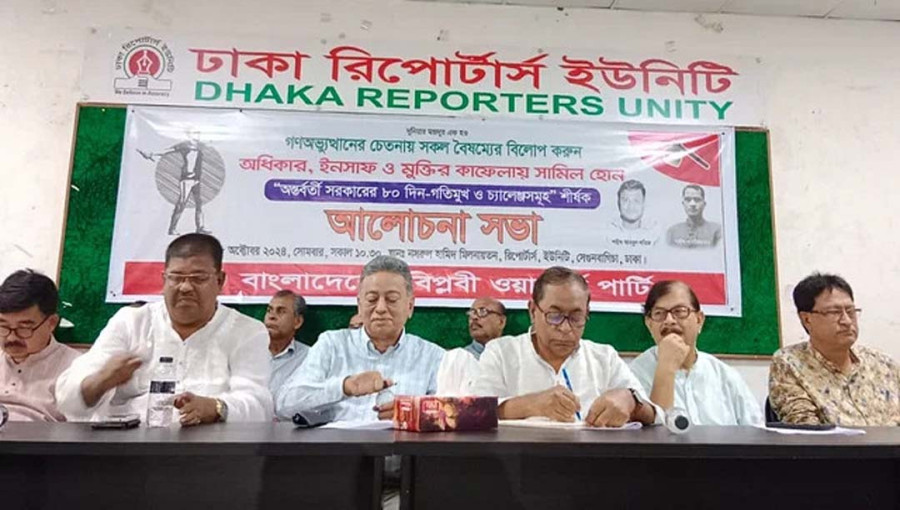
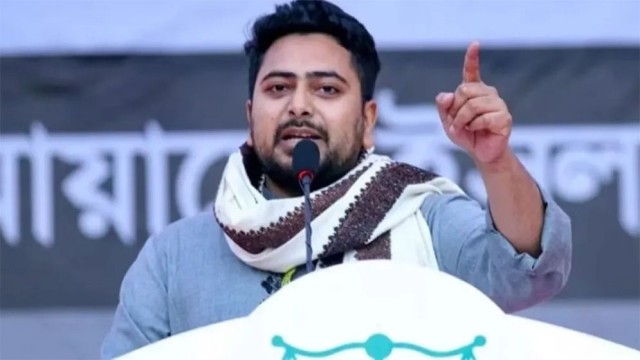
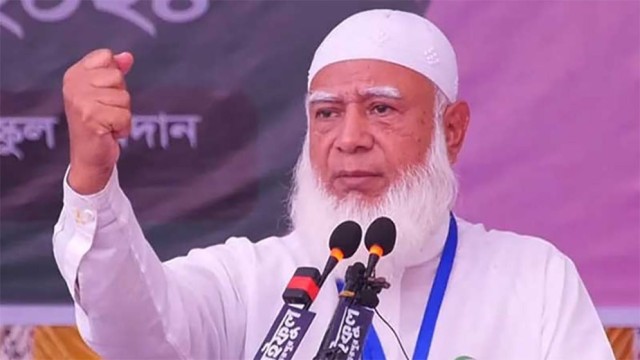
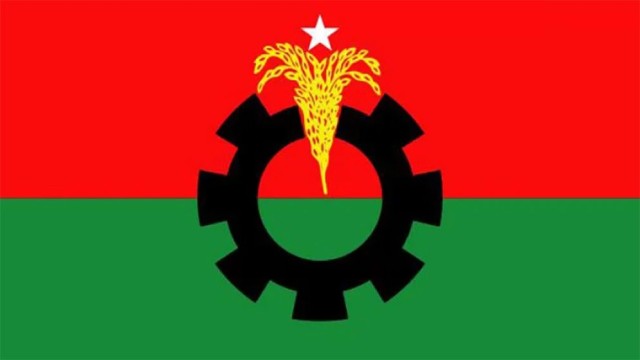
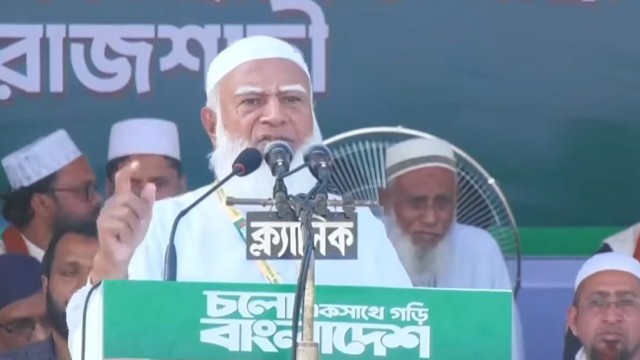
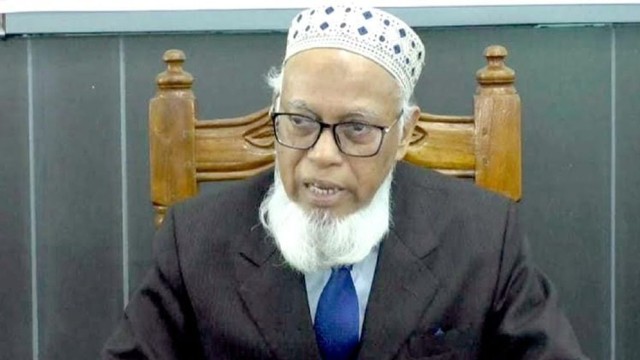
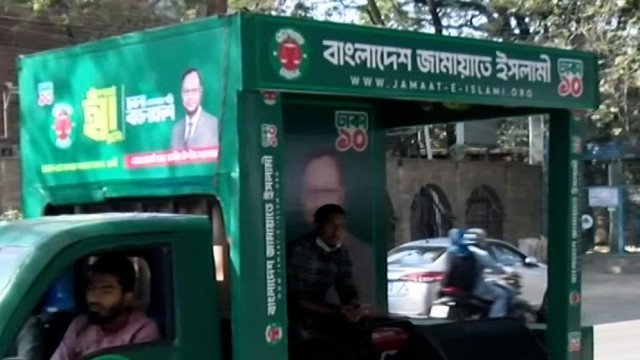
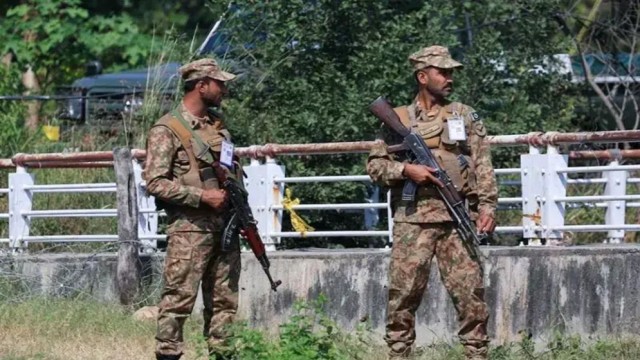
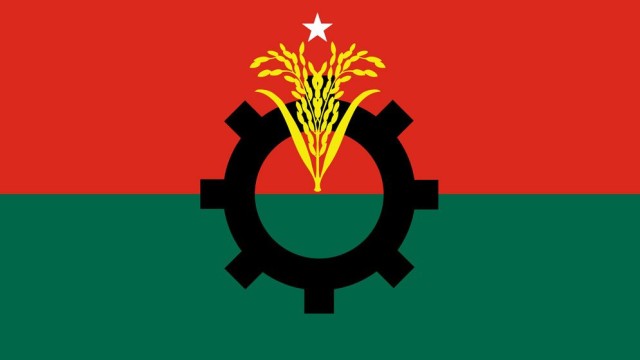
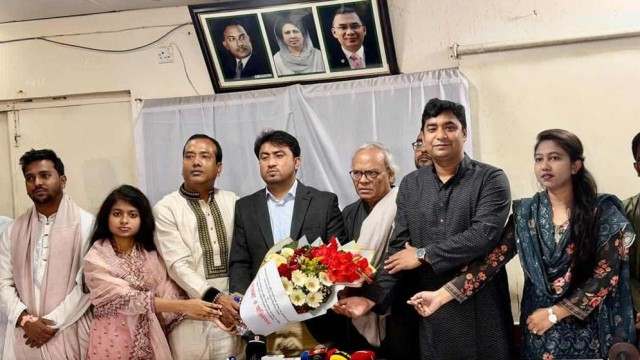

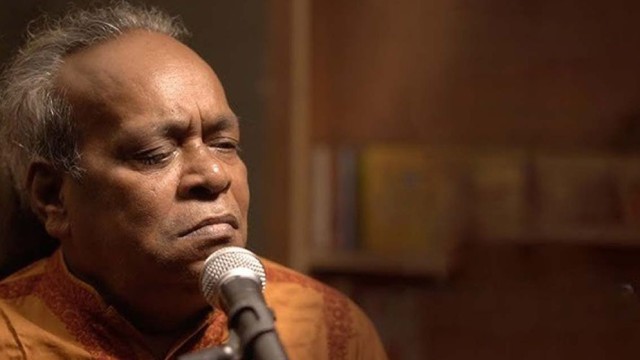
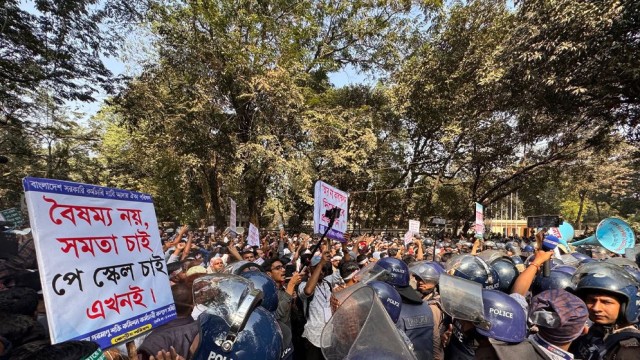












Comment: